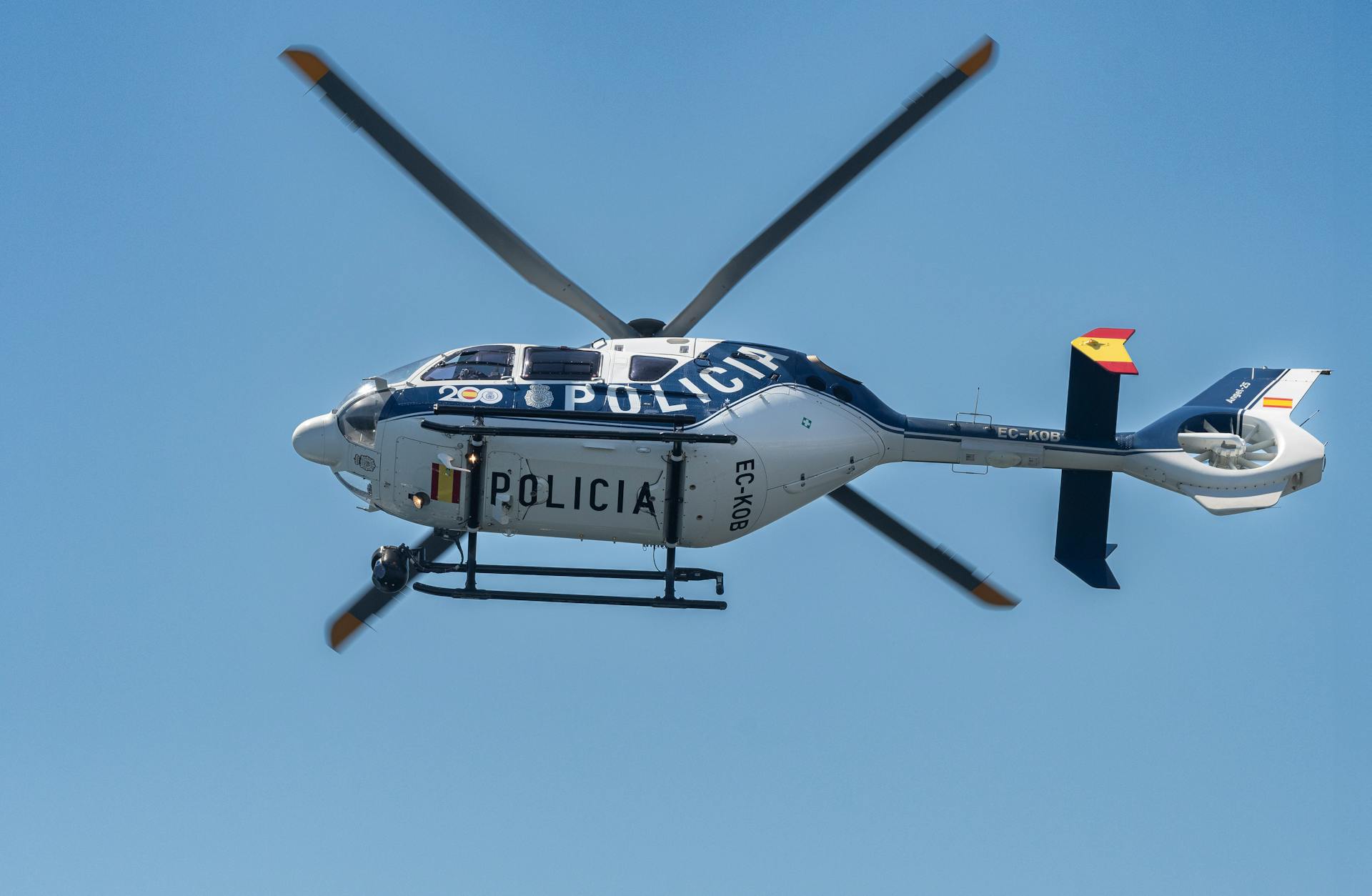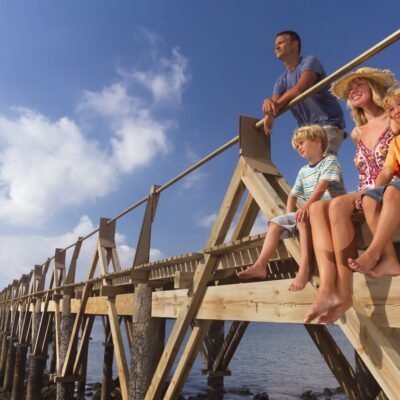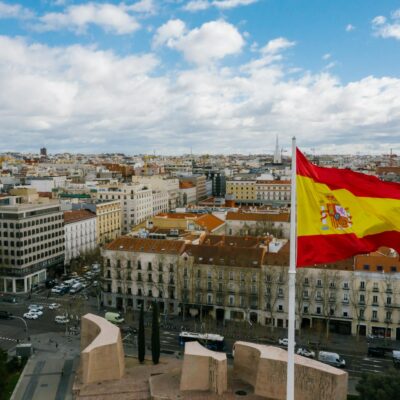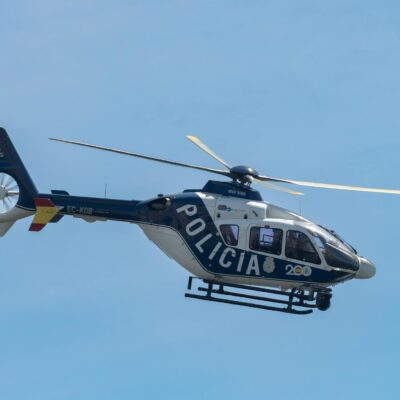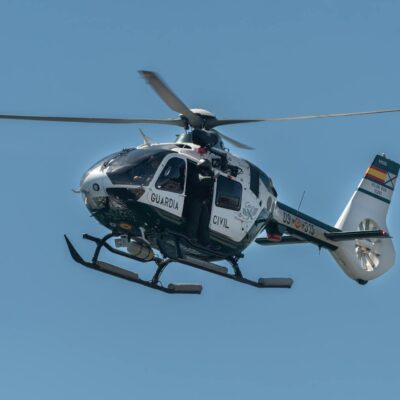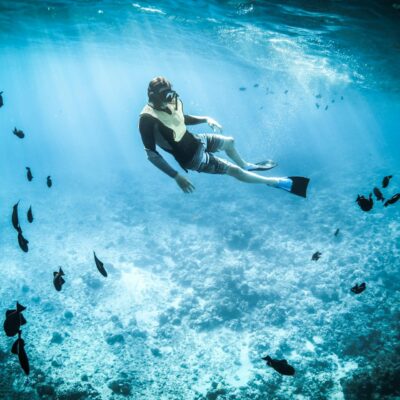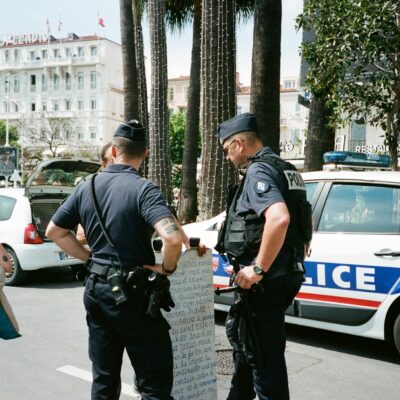Tenerife is one of the safest and most visited islands in Europe, and part of that safety comes from an organised, well-structured police presence. Whether you are staying in Costa Adeje, Playa de las Américas, Los Cristianos, Puerto de la Cruz or Santa Cruz, it is useful to understand how the police system works, who to call in an emergency and what tourists should expect during their stay. This guide provides clear, factual, accurate information to help visitors feel informed and confident while on the island.
Overview of Police Forces in Tenerife
Like the rest of Spain, Tenerife has several police bodies, each responsible for different tasks. Tourists will most often see:
Policía Local
The municipal police within each town. They handle local regulations, traffic management inside towns, noise complaints, minor incidents and assistance with local issues.
Policía Nacional
A national force present in larger towns and cities. They handle issues such as serious crime investigations, identification checks, lost or stolen passports and immigration-related matters. Tourists usually deal with Policía Nacional when filing a report for theft or lost documents.
Guardia Civil
A national gendarmerie-style force covering highways, rural areas, mountain zones, coastal security and traffic control outside city centres. They also support mountain and coastal rescue units.
112 Emergency Coordination
Tenerife uses the European emergency number 112, which connects you to a multilingual operator able to dispatch police, fire or ambulance services. This is the number to call in any emergency situation.
There is also a regional body, the Policía Canaria, but tourists encounter them less frequently.
Emergency and Useful Contact Numbers
- 112 – General emergencies (police, fire, ambulance). Multilingual assistance.
- 091 – Policía Nacional.
- 092 – Policía Local.
- 062 – Guardia Civil.
Emergency services in Tenerife are known for fast response times, particularly in tourist zones.
When a Tourist Should Contact the Police
Visitors commonly contact police for:
- Lost or stolen belongings.
- Pickpocketing or attempted theft.
- Scams or suspicious approaches.
- Traffic accidents or road incidents.
- Damage to rental vehicles.
- Public disturbances or aggressive behaviour.
- Finding lost items or reporting found goods.
- Safety concerns on mountain routes or hiking trails.
Police may also assist if someone becomes lost, disoriented or needs help locating their accommodation.
How to File a Police Report (“Denuncia”)
Tourists can file a report at any Policía Nacional or Guardia Civil station. A denuncia may be needed for insurance claims, especially for theft or missing belongings. When filing a report:
- Bring your passport or identification.
- Provide receipts, serial numbers or photos if available.
- Explain clearly what happened and when.
- Ask for a copy of the report at the end.
A police report cannot be used for travel. If your passport is lost or stolen, you must contact your embassy or consulate to issue new travel documentation.
Police Presence in Tourist Areas
The main resorts—Playa de las Américas, Los Cristianos and Costa Adeje—have a visible and frequent police presence. Patrols are common around busy promenades, beaches, nightlife zones and shopping areas. Their presence is preventive and aims to keep the environment safe for both locals and tourists.
In the north, areas like Puerto de la Cruz and Santa Cruz also have regular patrols, particularly in central districts and transport hubs.
Typical Situations Tourists Should Be Aware Of
Tenerife is generally safe, but as in all busy tourist destinations, there are a few common scenarios where police intervention may occur.
1. Pickpockets
Pickpocketing occasionally happens in crowded places such as promenades, markets, buses and nightlife areas. Police usually patrol these zones regularly. Visitors are advised to keep valuables close, use zipped bags and avoid leaving items unattended on beaches or café tables.
2. Lost Items
Policía Local stations often handle lost property. Many lost items such as wallets, phones or ID cards are turned in by other visitors or workers and can be collected with identification.
3. Traffic Controls
Guardia Civil frequently performs roadside checks, focusing on driver documentation, insurance, use of seatbelts and alcohol levels. This is standard practice throughout Spain.
4. Nightlife Incidents
Police maintain a steady presence in nightlife areas, particularly around Playa de las Américas. Their role is preventive—most visitors never encounter issues beyond occasional drunken behaviour among tourists.
5. Hiking and Nature Safety
Tenerife’s mountains, especially around Teide National Park, may require assistance for lost hikers, heat exhaustion or minor accidents. Guardia Civil mountain units and emergency teams respond to these incidents.
ID Requirements for Tourists
Spanish law requires individuals to identify themselves if requested by police. Tourists do not need to carry their physical passport at all times, but they should be able to provide identification if asked.
Recommended:
- Carry a photocopy of your passport or ID card.
- Keep the original in your accommodation safe.
- Have digital copies stored securely on your phone.
If the police need to confirm identity, they may accompany you to obtain the original document.
Driving and Road Safety Enforcement
Guardia Civil and Policía Local enforce traffic rules across the island. Tourists should be aware of:
- Mandatory seatbelt use for all passengers.
- Strict drink-driving laws and roadside alcohol/drug tests.
- Speed controls on highways and rural roads.
- Parking regulations in towns and near beaches.
- Requirements to carry licence, insurance and rental contract while driving.
Police may issue on-the-spot fines for certain violations. Many fines are reduced if paid within a short period.
Police Support for Tourists
Many police officers in tourist areas have experience dealing with international visitors and basic English knowledge. During peak seasons, additional patrols are added to ensure safety around beaches, shopping zones and nightlife districts.
Police in Tenerife are known for professionalism, and tourists often comment that officers are approachable and helpful when assistance is needed.
Useful Tips for Visitors
- Keep valuables in secure, zipped bags.
- Use hotel safes for passports and extra cash.
- Stay aware in crowded areas.
- Follow instructions from police promptly and respectfully.
- If renting a car, do not leave items visible inside.
- In an emergency, call 112 immediately.
Disclaimer
The information in this article is based on publicly available, factual guidelines about law enforcement and emergency services in Tenerife. Procedures and contact details may change over time. Visitors are responsible for checking the latest official advice and following all local laws and safety regulations.

